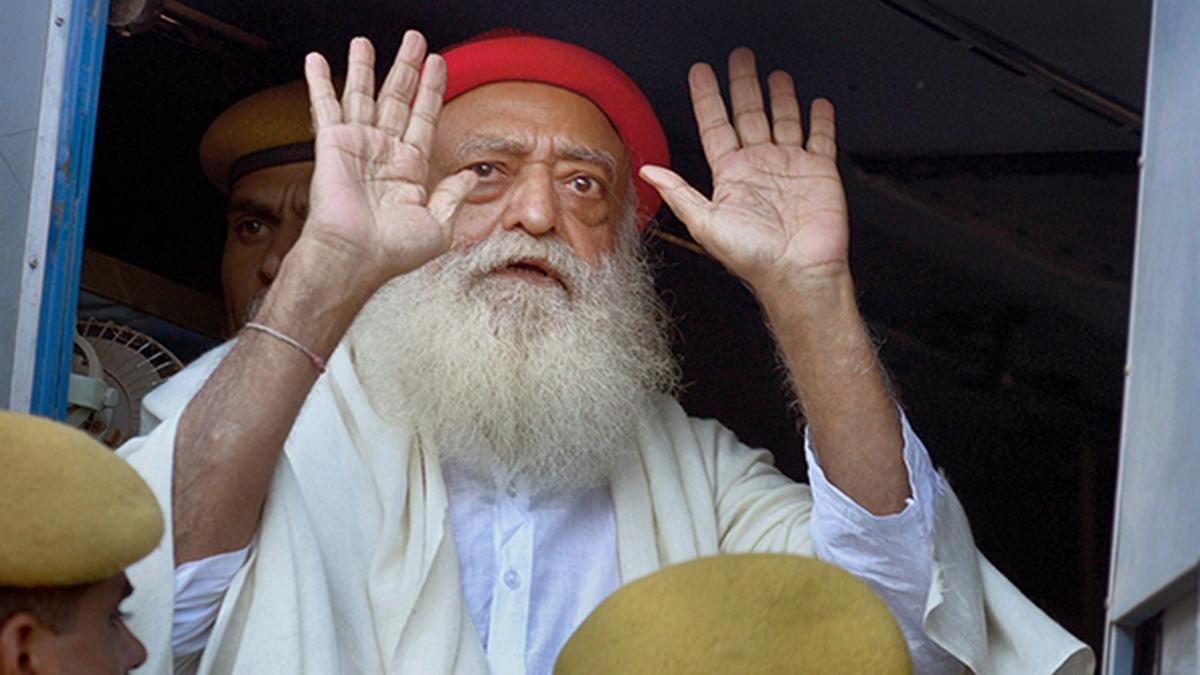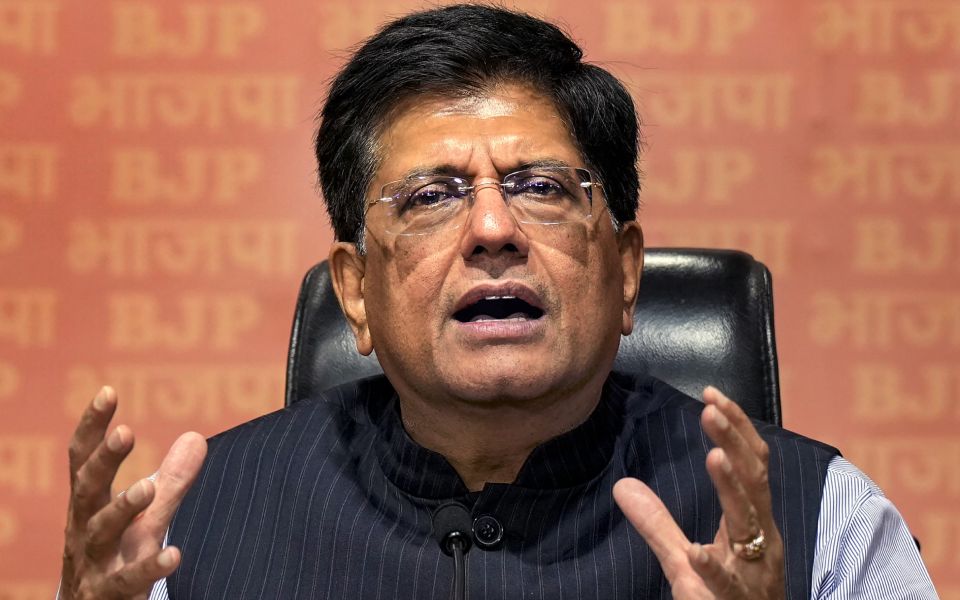Jodhpur(PTI): The Rajasthan High Court on Tuesday granted interim bail till March 31 to self-styled godman Asaram, who is serving life imprisonment in a 2013 rape case.
This comes a week after the Supreme Court granted him bail till March 31 in another rape case, observing that he suffered from various ailments and needed treatment.
Soon after the top court granted him relief on medical grounds, Asaram's counsels moved a suspension of sentence plea in the high court.
A division bench of Justices Dinesh Mehta and Vineet Kumar Mathur granted interim bail to Asaram considering that the nature of the plea was similar to the one filed in the Supreme Court.
"We argued that the plea was similar in nature to that filed in the Supreme Court and the grounds stand valid in this case as well," Asaram's counsel Nishant Bora said.
He said the conditions for Asaram's interim bail are the same as those set by the apex court on January 7 except one.
"If Asaram wants to travel outside (Jodhpur), he will have to bear the expenses of the three constables who have been asked to accompany him," Bora said.
A lower court sentenced Asaram to life imprisonment in April 2018 for raping a minor at his ashram in Jodhpur in 2013.
Let the Truth be known. If you read VB and like VB, please be a VB Supporter and Help us deliver the Truth to one and all.
Bengaluru, Jan 14: The Karnataka High Court has quashed the criminal proceedings against Kannada actress Ragini Dwivedi in a drug case, saying the prosecution could not substantiate the charges with material evidence.
The bench of Justice Hemant Chandanagoudar also quashed the proceedings against the co-accused Prashant Ranka.
It said, "However, to substantiate the charges against the petitioners, the prosecution has not produced any material evidence to prove that the petitioners organized parties or sold drugs, apart from the voluntary statements of the co-accused and chargesheet witnesses."
"Therefore, the continuation of the criminal proceedings against the petitioners will be an abuse of the legal process of law,” Justice Chandanagoudar observed.
Ragini was among the many celebrities from the Kannada film industry arrested in September 2020.
A case was registered against her at the Cottonpet police station based on a statement by a co-accused B K Ravishankar on September 4, 2020.





